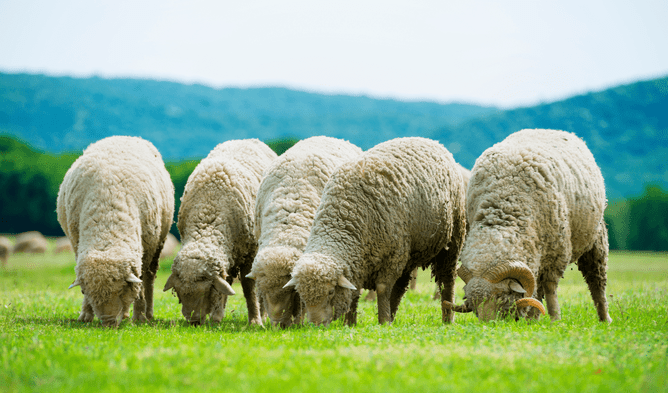On-farm management practices you can utilise to reduce your future reliance on drenches.
If we can be successful at avoiding parasites, we will be able to farm into the future without the need to rely so heavily on drenches to keep our stock healthy!
If you're farming with resistance, or wanting to avoid resistance, AVOID THE PARASITES. No matter where you are on the journey, it's important!
Here are some tips on how to achieve this over the next few months:
Getting rid of young stock
Hopefully your works stock is all gone, or leaving very soon. Getting rid of young stock early will reduce your parasite multipliers on-farm. Less eggs put onto pastures means less larval challenge in the future.
Getting rid of young stock also enables you to focus on preparing for next season – see this 'Life without capsules' article.
Feed type
Young stock are best on non-grass fodder. When eggs are deposited on clover, brassicas, or other green feed, the parasites don’t survive well and many die before being eaten.
Cross-grazing
Use different species of stock to ‘mop up’ larvae. Get sheep to eat cattle/deer parasites and cattle/deer to eat sheep parasites!
Different ages of stock can also be used to ‘mop up’. Older stock will eat larvae and prevent them from maturing into egg layers.
Choose the right lambing paddocks
Avoid lambing on pastures that had autumn lambs on them. In the autumn, lambs put out lots of parasite eggs, which will be waiting for ewes to pick up in late gestation when their immunity is low – not ideal.
If this is not possible, utilise cattle/deer to ‘mop up’ during this time.
Utilise ‘clean’ paddocks
New grass, hay or baleage aftermath provide a great opportunity, but also great risk. Have a chat to us about how to manage these to optimise the low challenge but not create resistance hotspots.
Wormwise workshops
There are Beef and Lamb NZ Wormwise Farmer Field Days coming up over the next few months. Keep an eye on the e-diary for dates and locations.
At these events, the five essential principles of parasite management, listed below, will be covered in more detail:
Avoid the parasites
Integrative grazing
Refugia
Monitoring
Drench effectively.

